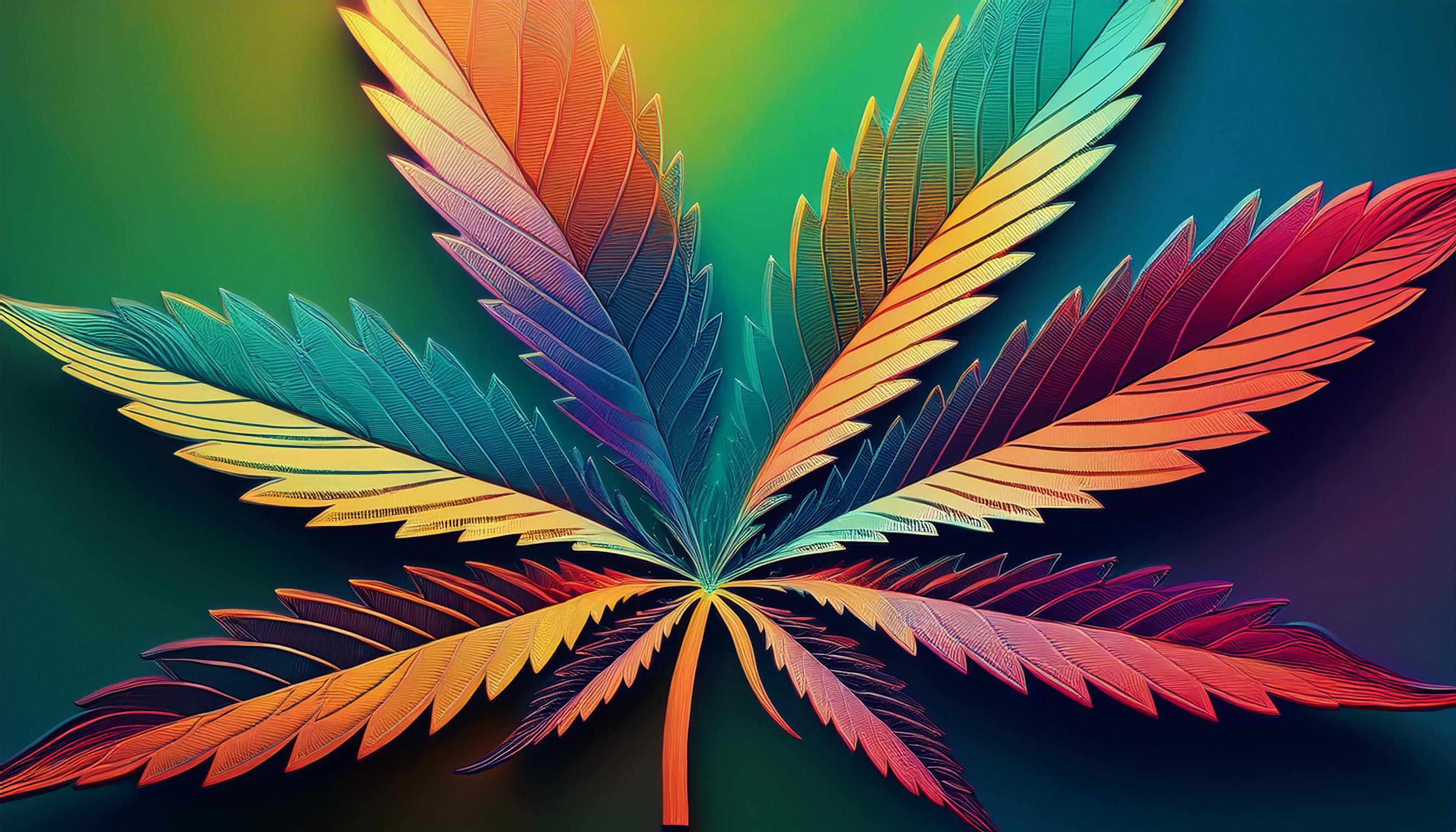The Role of Cannabis in Treating PTSD: An Evidence-Based Review
Oct 16, 2024
Post-Traumatic Stress Disorder (PTSD) affects millions of people worldwide, especially those who’ve experienced traumatic events like military combat, violence, or accidents. With conventional treatments for PTSD often having limited success, there’s been growing interest in cannabis as an alternative treatment. But how effective is it, really? Let’s take a closer look at the research behind cannabis and PTSD treatment.

Build Your Cannabis Legacy
Your Path to Legal Cannabis Sales Starts Here.
Partner with Dr. Green to legally sell cannabis and grow your business on a global scale. The green revolution is calling – are you ready to answer?
Cannabis for PTSD: What We Know So Far
Cannabis has long been used as a way to alleviate stress, anxiety, and even pain. Recently, it’s gaining attention for its potential to treat PTSD. A number of states in the U.S. have legalised medicinal marijuana specifically for PTSD, and many veterans and civilians alike are exploring this option.
However, while anecdotal evidence and small-scale studies suggest that cannabis might help manage some PTSD symptoms—such as nightmares, anxiety, and hypervigilance—the research is still in its early stages.
The Science: What Does Research Say?
Most of the current research on cannabis and PTSD focuses on how people use marijuana to self-medicate.
For instance, those dealing with severe PTSD symptoms often turn to cannabis to cope with emotional distress. Some studies show that individuals with more intense PTSD symptoms are more likely to use marijuana for relief.
One study found that patients with PTSD who used cannabis reported fewer symptoms, particularly when it came to flashbacks and fight-or-flight (the feeling of being constantly on edge). Another study noted a 75% reduction in PTSD symptoms in patients using medical marijuana.
However, while many users report improvements, there’s a flip side: cannabis use may also increase the risk of developing a dependency, especially for those who use it frequently.
Veterans and Cannabis Use
Military veterans are among the most vocal advocates for using cannabis to manage PTSD. Many veterans who’ve returned from combat with traumatic experiences have reported that marijuana helps them handle the overwhelming symptoms of PTSD.
However, some studies caution that veterans may also be at greater risk of developing cannabis use disorders due to heavy reliance on the drug.
Despite the growing number of veterans turning to cannabis, the need for more rigorous, large-scale studies is critical. While cannabis may help in the short term, there’s still much to learn about its long-term effects.

Launch Your Legal Cannabis Business
Take the First Step to Your Cannabis Success.
Discover how Dr. Green can help you sell cannabis legally and expand your reach globally. Join the movement and be part of the future of cannabis.
Cannabis for Sleep and Anxiety
One of the most common reasons people with PTSD turn to cannabis is for relief from sleep disturbances. Many report that cannabis helps them sleep better by reducing anxiety and minimising nightmares.
But, there’s a catch: while cannabis can improve sleep in the short term, it may interfere with long-term sleep patterns if used too frequently.
Different cannabinoids, such as THC and CBD, play different roles in how cannabis affects the body.
THC, for example, is responsible for the psychoactive effects of marijuana, while CBD is known for its calming, anti-anxiety properties.
Some studies suggest that the right balance of THC and CBD could be key to effectively treating PTSD symptoms.
The Need for More Research
While the current research offers a promising look at cannabis as a treatment for PTSD, much of it is still preliminary.
Small sample sizes, lack of control groups, and short follow-up periods limit the strength of many studies. Additionally, the long-term risks, such as addiction or psychosis, aren’t fully understood.
What’s clear is that more research is needed to determine how cannabis affects PTSD in the long run.
Until then, physicians and patients must weigh the potential benefits against the risks on an individual basis.
Cannabis and PTSD—What’s Next?
Cannabis has shown promise as a potential treatment for PTSD, especially for symptoms like anxiety, nightmares, and sleep disturbances. However, the research is still limited, and there are concerns about the risks of dependency and long-term effects.
As more states legalise medicinal marijuana and more people turn to cannabis for relief, it’s crucial that we continue to study its impact on PTSD patients.
For now, cannabis may be a helpful tool for some individuals with PTSD, but it’s not a one-size-fits-all solution.
Patients should consult their healthcare providers and consider all their treatment options, whether that’s traditional therapy, medications, or exploring medicinal cannabis.

Sell Cannabis Legally
Start Your Cannabis Empire Today.
Unlock your digital key to selling cannabis legally and globally with Dr. Green. Don’t miss your chance to join the green revolution.